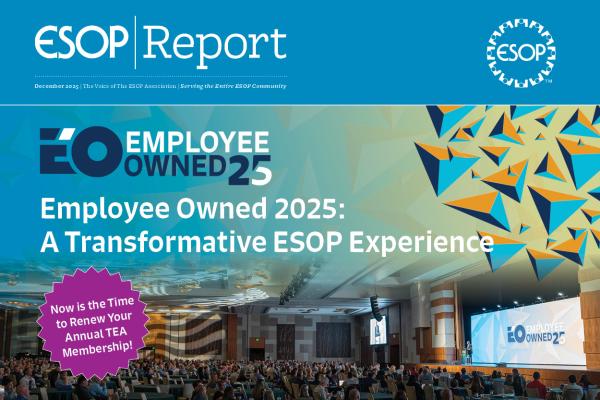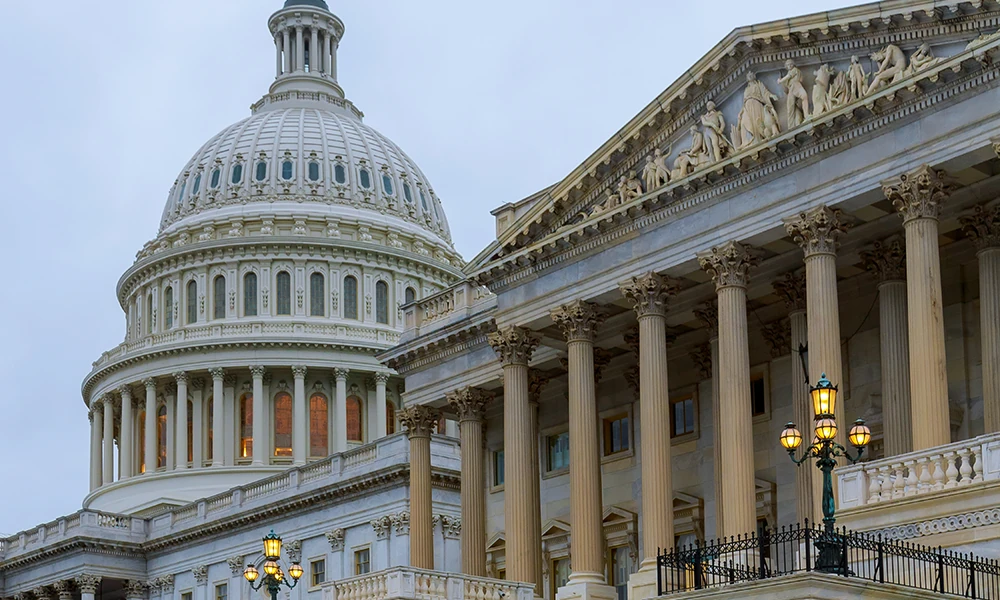The emotional toll that the COVID-19 pandemic is having on Americans is becoming increasingly and alarmingly clear. New information suggests that ESOP companies may want to train an especially keen eye on the well-being of their employee owners.
A Census Bureau study conducted May 7-12 asked respondents to answer four questions that are nearly identical to those used by doctors to screen patients for depression and anxiety. The results from more than 42,000 responding households revealed a significant increase in the number of people experiencing symptoms of anxiety or depression.
Overall, 24 percent of respondents showed symptoms of depression and 30 percent showed signs of anxiety.
The results varied significantly among different groups. For example:
- Those in lower income brackets were affected more than those in higher brackets.
- Younger adults, who generally facing lower health risks from COVID-19, were more likely than older adults to report symptoms of anxiety or depression.
- Women were more likely than men to experience symptoms.
- Symptoms of anxiety and depression varied widely by region, from a low of 26 percent in Iowa to a high of 48 percent in Mississippi.


ESOP companies with large segments of employee owners belonging to one or more of the groups listed above may want to be alert for signs that individuals are feeling an increased strain from COVID-19.
Ultimately, these data are generalizations and are a good starting point—not the last word on who is likely to suffer from anxiety or depression. Bearing that in mind, here are some thoughts for ESOP companies to mull while considering the mental health of all their employee owners:
- Some employees—perhaps a much higher percentage than you expect—may be struggling today to maintain their emotional and mental equilibrium. As a result, some employees may not as resilient when facing sudden and dramatic changes in the workplace.
- The challenges faced by employees will differ in nature and intensity, and these hurdles will influence their reactions to change. For some, a return to the workplace might be welcome relief from an interminable feeling of isolation or from a drop in income they can ill afford. For others, returning to the workplace might bring tremendous anxiety about increased exposure to the coronavirus and increased health risks to themselves and their family members. Ultimately, providing flexible options may go a long way towards helping those who need it.
- Employee owners who are experiencing symptoms of clinical anxiety or depression may benefit from extra support. ESOP companies should consider training managers on how to respond if employee owners show signs of being emotionally overwrought. Another option: Encourage employees to make use of your employee assistance program, if you have one.
- Little actions can go a long way, if they are genuine. Paying for employees to order pizza at home one night, providing extra time off, or even holding a virtual happy hour, can provide a much-needed respite. More importantly, actions like these can provide a reminder that employee owners don’t have to go through this pandemic entirely alone.







